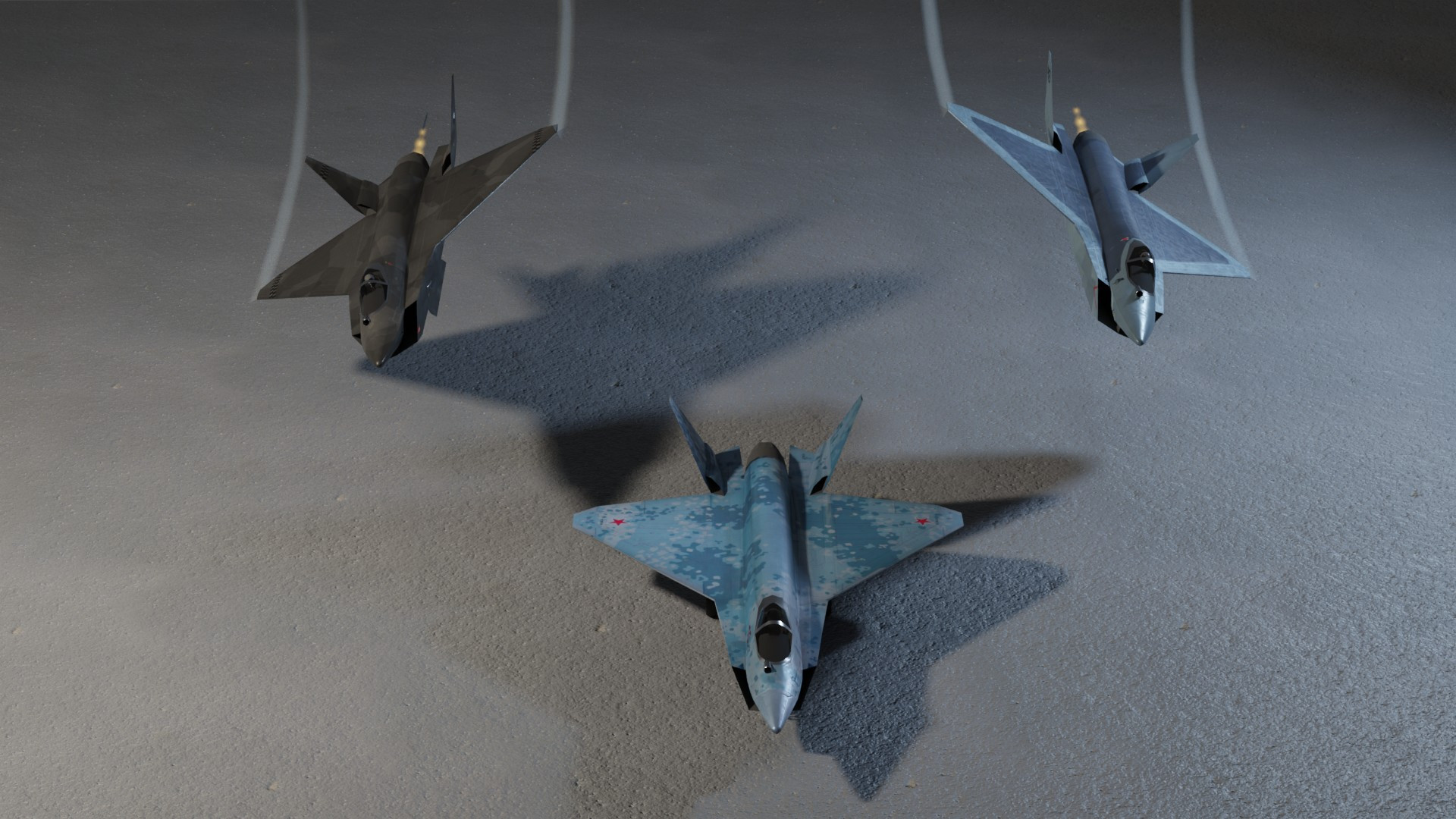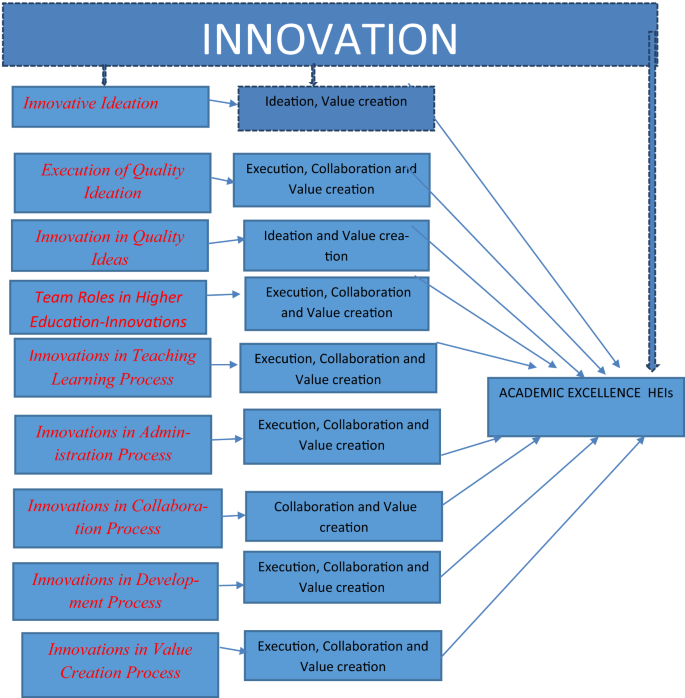
In World War II, it was common for government-organized relations between the military and businesses to be established. Commodity commissions were established to control prices and allocate resources. Businesses had a source for profits from the military. These companies lobbyed politicians and fought for contracts.
Dwight Eisenhower in the mid-1960s warned of the danger posed by the military-industrial complex to the American people. He feared that the complex might grow in size, and impact US policy. He was afraid that the military could gain too much power and compete with civilian programs. He warned against a military arms race and an unchecked increase in nuclear weapons. He also worried that the complex might exacerbate the Cold War's escalation.
The military industrial complex has a lot to do with American foreign policy. Its most significant impact is on arms exports, cooperative production, and multinational corporations working in the arms sector. It has been underwritten by a political ideology that promotes industrial war production. It is interested in maintaining colonial markets, military-strategic views of internal affairs, continual development of weaponry and preservation of colonial market.

The military industrial complex is made up of military contractors and government bureaucracies. It also includes interest groups. The United States Department of Defense has the largest bureaucracy in the world. These bureaucracies cause contention among conservatives. They fear that the excessive spending on military equipment could result in economic dislocation. They also argue that separate parts of the military-industrial complex may prove to be counterforces.
The United States has an ambitious strategy for its foreign policy. It has created a system for combating terrorism. Moreover, it has formed a military-industrial complex to support this strategy. It has also been a hub for corruption and abuse, especially in the area of government contracting. The military industrial system is a serious problem and has many things to say about American foreign policy.
Concern is growing about the ties between military and defense industry. Some conservatives argue that the military industrial complex leads to dangerous tensions abroad, while others say that it leads to economic dislocation at home. It is unclear how many civilians are involved. It's also not clear what percentage of the military is involved.
The military industrial complex is made up of large industrial giants that are dependent on contracts for their profits. To stay afloat, they have to outdo their competition constantly. Their political survival depends on their compliance with their procurement interests.

Corruption and overruns in government-funded procurement of military supplies have been a problem. The military provides money to politicians, and politicians give money to the military. The military also plays a significant role in civilian life. It is important for you to see how this money is obtained by the government.
Dwight Eisenhower in his farewell speech warned against the possibility that military industrial complexes might be "against US best interests." He warned against collusion and for policies that did not benefit American citizens.